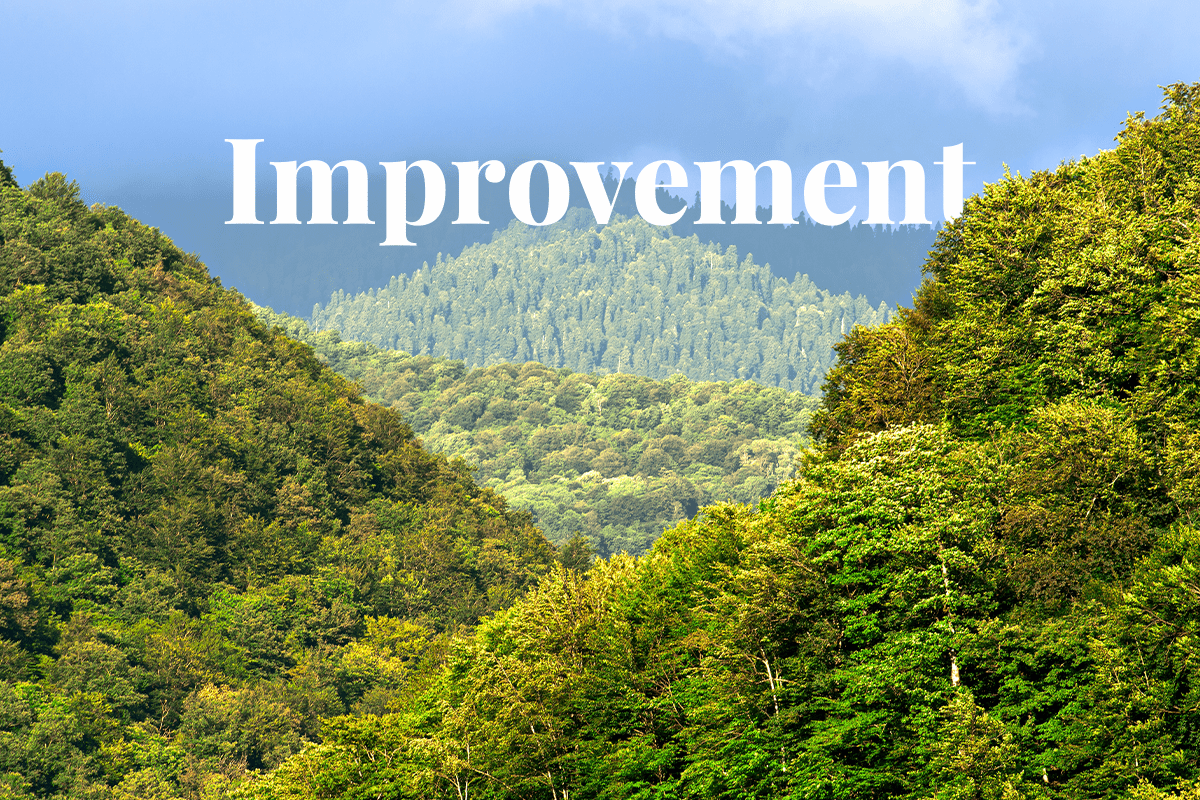Russia emits around 2–3 billion tonnes of carbon emissions annually, accounting for about 5% of global emissions. Gazprombank (GPB), the country's third-largest bank, is one of the major payment channels for Russian oil and gas. To improve the quality of Russian carbon credits and the competitiveness of its carbon market, GPB and the Yu. A. Israel Institute of Global Climate and Ecology’s (IGCE) methodologies will facilitate access to the market for foreign participants.

View of mountain forest landscape. Russia, Sochi.
In 2021, carbon emissions per capita for the Russian Federation were 13.52 tonnes per person, more than the world average. Most emissions are from the energy sector, which is responsible for around 80% of the country's carbon emissions. GPB's deal with IGCE aims to reduce these emissions by generating Russian carbon credits from different projects.
Explore the carbon offsetting markets
All projects created under the Verified Carbon Standard (VCS) programme undergo a strict assessment process to get certified. VCS projects generally cover several sectors, including forestry, renewable energy such as hydroelectric or wind projects, and others.
The Russian methodology was developed in accordance with the requirements of prospective project developers who submitted applications to the Russian carbon credit registry. The 18 criteria used for the methodology include renewable energy and sustainable forest management. The Russian carbon methodologies will be comparable to international ones while taking into account Russia's specific context.
In 2022, Russia began trading carbon units at a domestic exchange. On September 26th, the Russian National Commodity Exchange, a subsidiary of the Moscow Exchange (Moex), initiated the trading of carbon units, with initial transactions concluded at an average price of 1,000 rubles ($15). Although trading volumes are currently low, it underscores Russia's efforts to establish a carbon trading system as a part of its decarbonisation plan.
Carbon units were generated from voluntary climate projects or certified emission reduction units, rather than carbon credits or allowances. Russia aims to reach net-zero emissions by 2060, and these methodologies will help achieve this goal. DGB Group helps businesses and governments become carbon neutral by reducing carbon emissions and offsetting carbon with carbon credit projects. Check out our different solutions and take action now!
Invest in nature-based solutions



